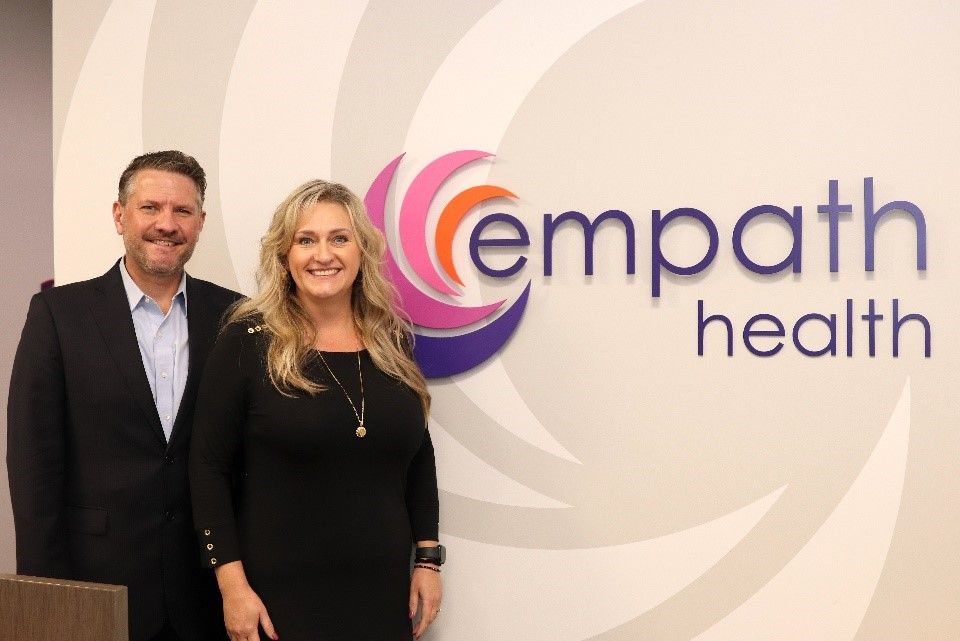By Justin Treece, partner with M.E. Wilson
In an era where healthcare costs continue to rise, the need for innovative approaches to employee benefits is paramount. One such approach that continues to gain traction amongst employers is self-funding health plans. While the concept may seem overwhelming at first, and traditionally viewed only for the largest employers, diving deeper unveils a multitude of advantages that could revolutionize the way employers approach healthcare coverage for their staff. Here are six key advantages of self-funding over traditional fully insured health plans.
- Full Transparency: One of the standout features of self-funded health plans is the transparency they offer. Unlike fully insured plans, where claims processing is opaque, self-funded groups have direct access to reporting tools and services that provide real-time insights into claims data. This transparency empowers employers to make informed decisions promptly, enhancing the overall health and well-being of their members, while effectively managing costs.
- Cost Savings: Self-funded benefit plans come with immediate cost savings, primarily due to reduced premium taxes, saving employers 2-3% on plan costs. Moreover, being subject only to federal regulations under ERISA eliminates state mandate costs. Negotiating fees with providers and implementing cost-saving measures, such as claims auditing, further contributes to substantial savings compared to fully insured plans.
- Flexibility Over Covered Services: Self-funding grants employers the flexibility to tailor covered services according to the specific needs of their workforce. Unlike fully insured groups, where coverage decisions lie with the insurer, self-insured employers can make informed changes as necessary, ensuring their population receives optimal care even amidst changing circumstances.
- Better Control Over Finances: With fully insured plans, employers pay fixed premiums irrespective of actual claims, with no possibility of refunds if claims fall below expectations. Conversely, self-funded plans offer better control over finances, as employers only pay for services utilized by their employees. Surplus funds from unclaimed benefits can be retained for future use, providing a financial buffer or reducing contribution levels.
- Easier Administration and Lower Operational Costs: Self-funded programs, managed by third-party administrators (TPAs), typically incur lower administrative costs compared to fully insured plans. TPAs handle various administrative tasks efficiently, from claims processing to appeals, streamlining operations and reducing overhead expenses for employers.
- Ability to Control Specific Claims: Under self-funded programs, employers have the flexibility to select vendors and solutions tailored to optimize financial outcomes. A notable example is the Pharmacy Benefit Manager (PBM), where self-funded plans can select their pharmacy and negotiate the terms for better pricing and transparency, unlike fully insured plans where the carrier controls pharmaceutical delivery and retains manufacturer rebates.
The advantages of self-funding health plans are clear and compelling. From enhanced transparency and cost savings to flexibility and control over finances, self-funding offers a strategic approach to employee benefits management that aligns with the evolving needs of both employers and employees. As healthcare continues to evolve, embracing innovative solutions, like self-funding, can prove instrumental in navigating the complexities of the modern healthcare landscape.
While there are advantages to self-funding your health plan, it is best to build a program that aligns with your business goals and risk tolerance. Identifying the right amount of reinsurance to protect against catastrophic, or higher than expected, health claim activity is critical to the success. More options on ways to self-insure have become more prevalent as well such as lower reinsurance limits, captives and consortiums.

BIO:
Justin Treece is a Partner with M.E. Wilson, where he has spent the last 6 years of his career. He has worked within the employee benefits space, for 20 years, with a focus on self-insured health plans.
Founded in 1920, M.E. Wilson Company is a third-generation, family-owned agency known for its personalized and professional services in commercial insurance, employee benefits, risk management, claims management and private client services.















